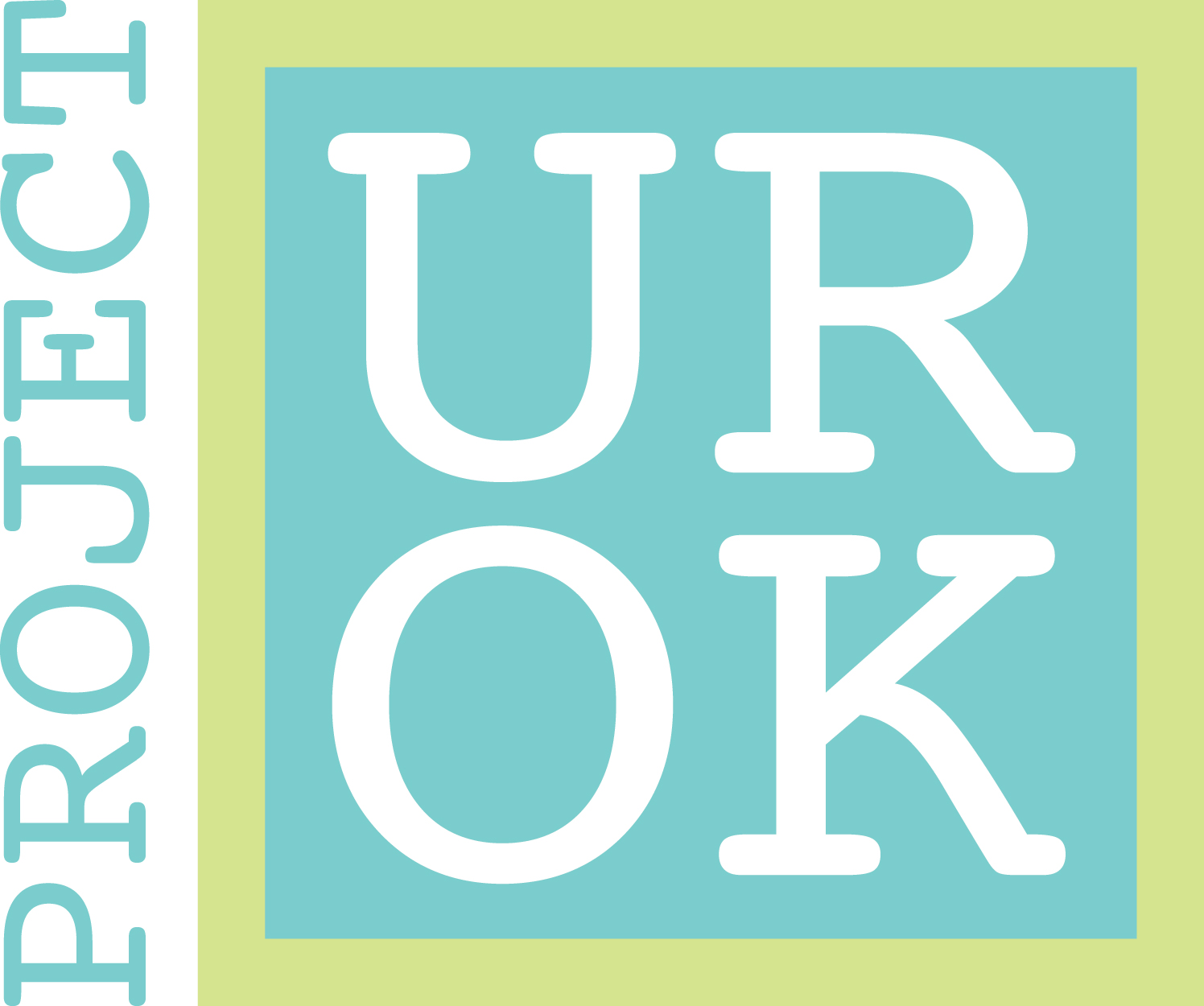Minority Mental Health Advocate: Nikki Webber Allen
"Mental illness doesn't discriminate yet we have a really hard time talking openly about it in communities of color." -Nikki
Tell us about the work you do and how you got started.
In 2013, I lost my 22-year old nephew Paul to suicide after he'd battled years of debilitating depression and anxiety. In Paul's honor, I launched the I LIVE FOR... FOUNDATION, INC., a 501 c3 non-profit created to end mental health stigma in communities of color. We provide safe spaces for millennials to share personal stories about living with and thriving in spite of their mental illness. Our motto is "stories break stigma" and our goal is to humanize mental illness by normalizing conversations around mental health in our communities.
Why does minority mental health matter to you?
Mental illness doesn't discriminate yet we have a really hard time talking openly about it in communities of color. I think there's a misconception that self-care is a luxury that other people can afford but we, as people of color, should be "strong" enough to shake off any issues we face.
This kind of thinking is doing more harm than good. Triggers like racism, discrimination, and socioeconomic disparities actually put people of color at a greater risk of developing a mental disorder than White Americans yet we seek treatment at a less frequent rate. This is alarming because, just like any other medical condition, mental disorders that go untreated can get worse resulting in more severe mental illness or even suicide.
What would you tell your younger self?
When I was young I didn't know social anxiety was even a thing. I just knew that in school I was often too nervous to raise my hand and speak in front of the class even though I knew I had the correct answers to the teacher's questions. And, it wasn’t just public speaking that made me feel anxious. Going to parties and other social events could be nerve-wracking too. I'd get headaches, stomachaches and my throat would feel like there was a huge lump in it. I was afraid to tell anyone because I didn’t want to be judged or ridiculed. I didn’t think anyone else would understand.

